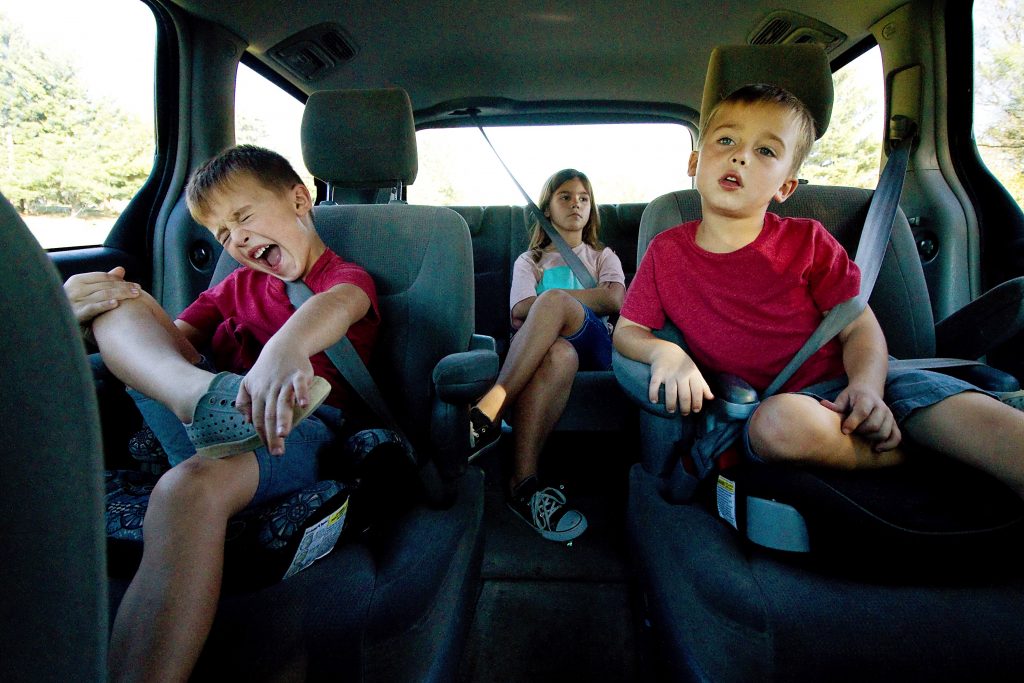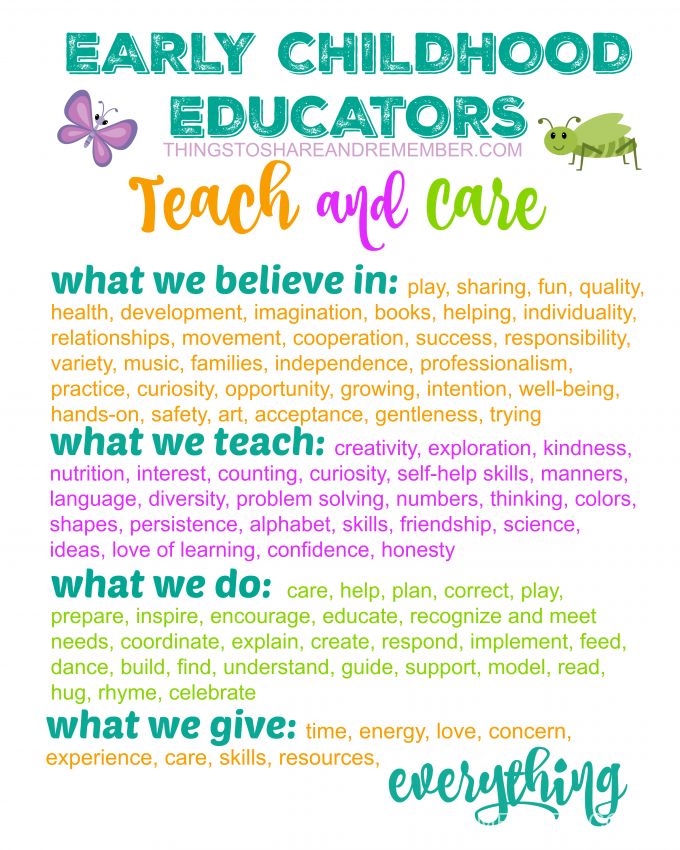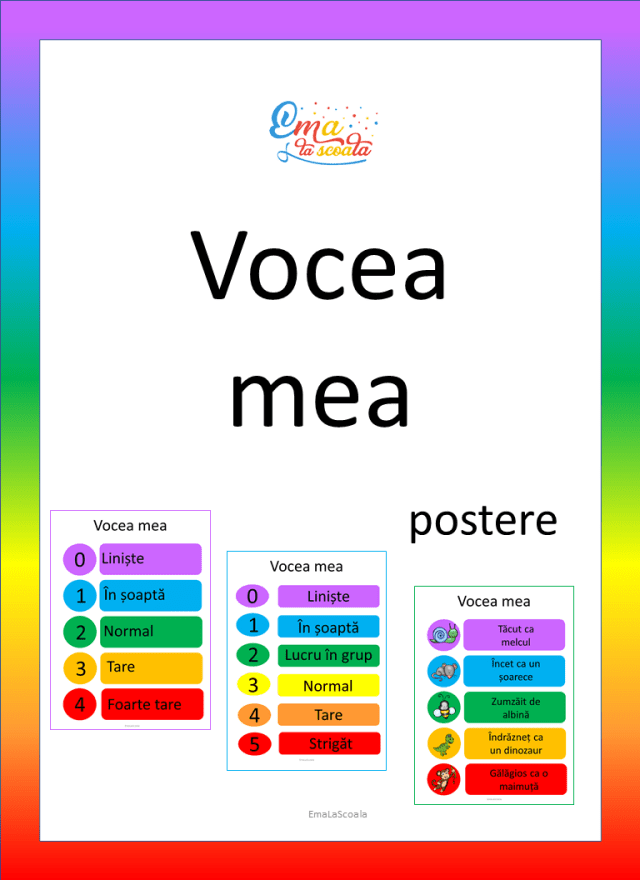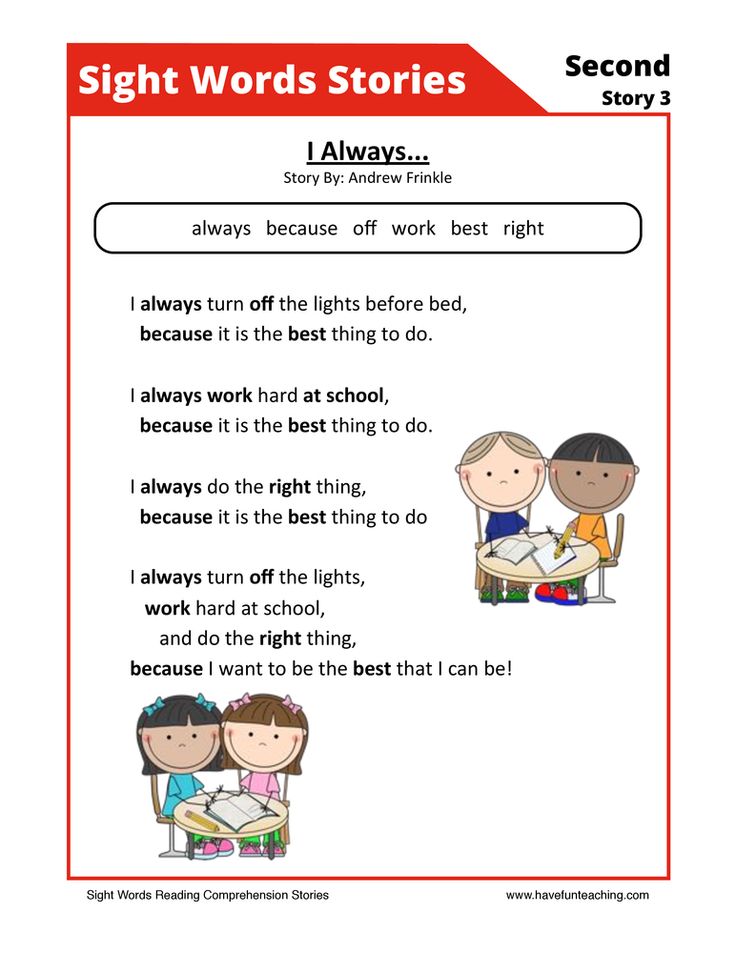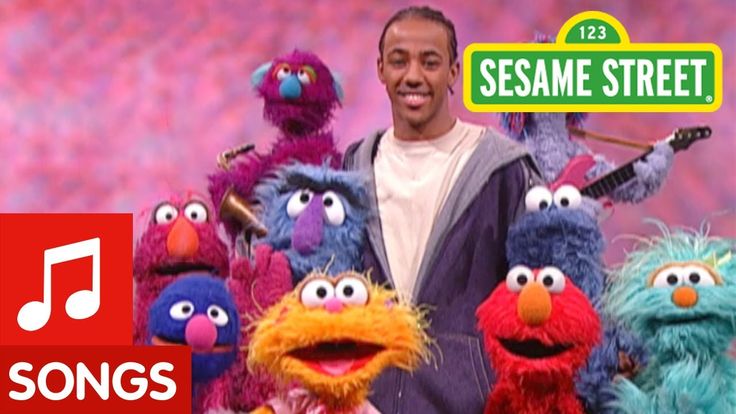Kids games on the road
13 Fun Road Trip Games for all ages
- Camping tips
Our top road trip games for all ages, to make your trip more fun. Including ‘who am I?’, 'License plate game', ‘would you rather' and more.
Jeremy Sudibyo
9min read • 21 Apr 2021There’s no being bored in the car when you have a good set of road trip games at your disposal. Because while music sets the mood and a good book transports you to another world, road trip games are so much fun because all of your travel companions are involved and having a good time.
Everyone enjoys a good laugh, whether it’s kids playing ‘who am I?’ with their parents, the whole family cracking their heads over a word game, or friends goofing around with absurd proposals of ‘would you rather’. We listed fun road games to play in the car or with your RV Rental for all these types of travellers. We have listed 13 different road trip games to pass time in the car and make your time on the road more amusing.
Table of Contents
5 best road trip games for kids
“Let’s see who can stay quiet the longest!” Parents, don’t suggest ‘the quiet game’ to your kids in an attempt to outsmart them. Kids love a good laugh and to have their brain tickled.
If you are going camping with kids, entertainment on the road is key. A good road trip game does both and goes beyond keeping their brain occupied. It’s a super fun way for parents and kids to solve riddles and crack jokes together!
I spy
This has to be the ultimate classic car game for kids. We all remember spying with our little eyes something our siblings could never guess.
A quick rundown of the rules for those that need a reminder: the player that is ‘it’ secretly spies something that others can see but won’t easily guess. Note that the object has to remain in sight for a while. The player then starts off by saying “I spy with my little eye, something that is…” and then gives a hint— colour, first letter, general direction, pick a clue of choice.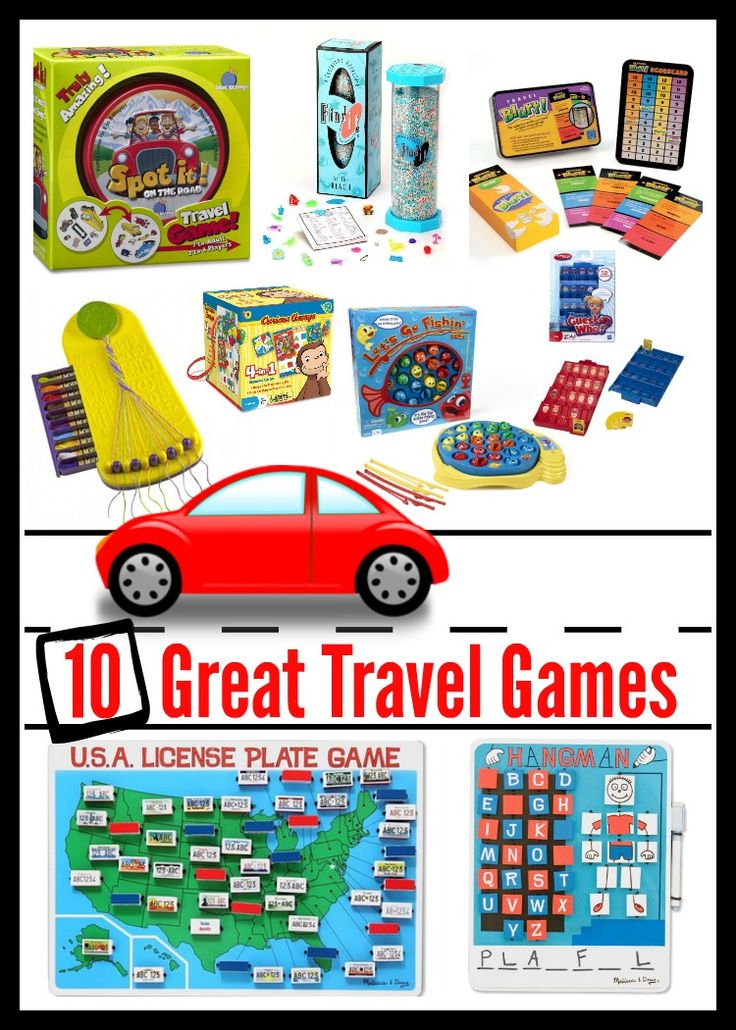
The other players then ask yes-no questions until someone guesses correctly. That player then has to spy something with their little eye.
Who am I
Another all-time favourite, ‘who am I’ requires kids to don their detective hat and do some deductive reasoning.
Whoever starts first (rock, papers, scissors usually decides who does) thinks of an animal or person. The other players take turns asking questions to find out who or what that person is. Players can ask anything as long as it’s answerable with a yes or no, but they can only guess at the identity of the player while it’s their turn asking a question.
A fun alternative to playing free-for-all is by having everyone team up and getting a limited amount of questions each, as well as a maximum of three guesses. This cranks up the difficulty level as well as teaches kids how to work together.
Don’t say it
Here’s a way to keep a long ride interesting. ‘Don’t say it’ is a road trip game for kids that
runs for the whole journey and will keep kids alert and on their figurative toes.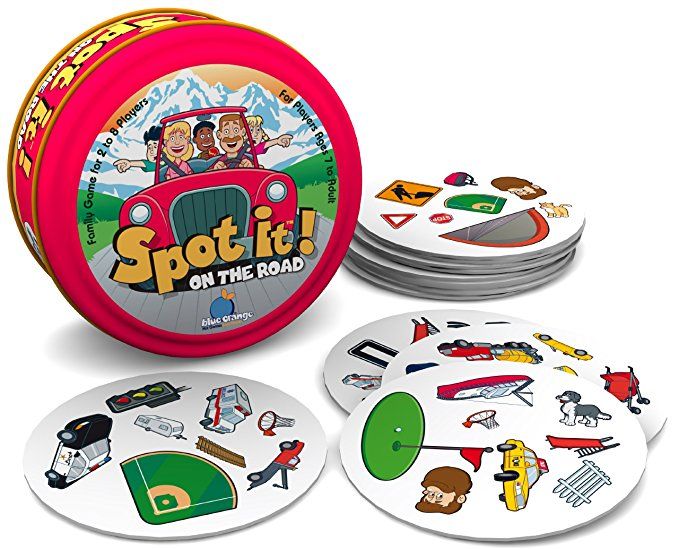
At the start of this car game for kids, players (or clever parents) come up with 3-5 words that are forbidden for the rest of the trip or until an event comes to pass, say until the next time you stop for gas. The player with the least amount of points at the end of the ride wins.
I packed my bag
Whether or not your kids are at the age where they pack their own bags, they’ll have to get packing in this game. And they get to take anything they want.
A memory game, ‘I packed my bag’ results in long lists of packed items. Players pick a destination for an imaginary holiday and then take turns saying “I packed my bag and in it is..” adding an item they’d bring after reciting what has already been out in up to then by all players and in the right order. Good luck carrying that bag!
Scavenger hunt
A game you can keep running for a long time and that doesn’t require much from the grownups once they’ve convinced the kids to play. Sounds good?
Like ‘I spy’, ‘scavenger hunt’ falls in the category of road trip games that involve spotting objects. In this classic travel game for kids, come up with a list of treasures that the kids need to find along the journey. The one that first spots all items wins. You might want to keep score on a piece of paper.
In this classic travel game for kids, come up with a list of treasures that the kids need to find along the journey. The one that first spots all items wins. You might want to keep score on a piece of paper.
5 Road trip games for the whole family
With a few tweaks or simplifications, most road trip games can be played with the family. But somehow word games always get the whole family around the table trying to lay eight-letter words on a board of scrabble or keeping their stick figure from getting hanged.
Ditto for word games on a road trip. You might not have to get everyone around the table, but you still need them on board for a fun family game on a road trip.
License plate game
Let’s just start with the best family word game you thought you couldn’t play without the actual board game. Well, scrabble is hitting the road because here’s a how-to play scrabble in a car.
‘The License plate game’ is played by memorizing or writing down the letters of the first license plate you spot and then forming as many words as you can. One license plate per player per round.
One license plate per player per round.
Apart from the letters on the license plate, two vowels are picked (unique or two of the same) per round that all players have at their disposal to add to their pool of letters. The player with the most words at the end of a predefined number of rounds wins.
The infinite word game
A fun word game where everyone works towards getting a word as long as possible. But it’s not as simple as it sounds.
‘The infinite word game’ has one player starts with a word of their choice. Players after then name a word that starts with the first letter. The caveat? A letter is added to the starting sequence every time a player names a word. Obviously, players can’t use a word that has already been named.
With a little teamwork, let’s see how far you can get! (Hint: don’t use long words at the start.)
Word Trail
This car word game revolves around compound words. The rules are pretty simple: players take turns naming compound words that start with the previous ending word.
For instance, a sequence will run “animal barn – barnyard – yardstick – stick figure.. etc”.
Hangman
Being on the road doesn’t mean you can’t hang stick figures. All you need is a pen and paper. Or a foggy window.
We all know how to play hangman, don’t we?
Mastermind
One player thinks of a secret word with a quantified number of letters, say 6.
The other player then guesses words (of the same length) and is told how many correct letters match in the right position in the word and how many letters are correct but in the wrong position.
The guessing continues until the player identifies the correct word!
3 Great car games to play with friends
Travelling with your long-time pals? Then these travel games for friends are a great way to bring up old memories and have a good time. Or maybe you’re a newly formed band of friends? Then break the ice and get to know each other better with these road trip games.
Two truths and a lie
Depending on what truths and lies you choose to tell, this game is great for old and new friends.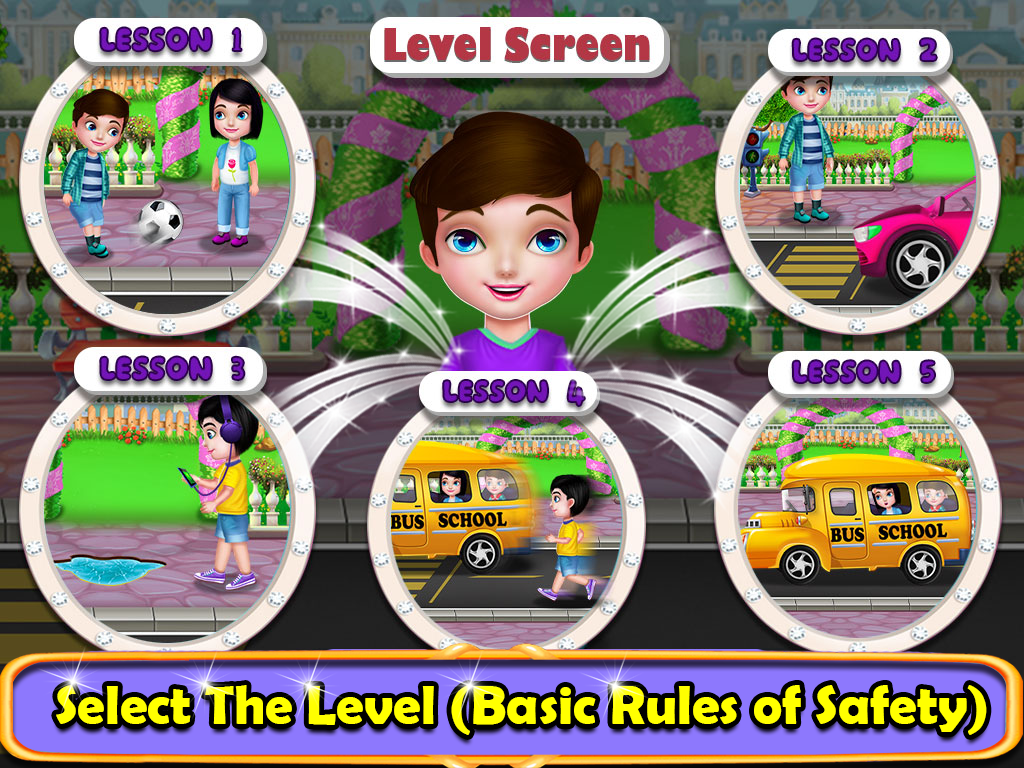
One player makes three statements, one of which is false. The others guess which one. Sounds simple enough, right? The great thing about having to make three statements is you can get subtle mixing facts with fiction.
For instance, retell a past event your co-travellers were part of and slip in one tiny lie. Or, have others get to know you better by revealing something about yourself two truths and a lie at a time.
Never have I ever
Of all road trip car games, this is likely the most revealing one. Players take turns making statements starting with “never have I ever…”. The others then guess whether the statement is true or false.
Generally, the more rounds are played, the more embarrassing the statements that are made. Or maybe that’s just because the last time we played this game was in college and with drinks of choice on the table.
While you were sleeping
Play this hilarious game when someone dozes off. Which is bound to happen on a long road trip.
When you’ve made sure the unwitting snoozer is asleep, players make up a story that supposedly happened while that person was asleep. Everyone awake takes turns adding to the story. When the person wakes up again you all try to convince them of your made-up story. Whoever breaks character first or is caught by the person that just woke up telling a lie has to do the dishes later.
Got away with feeding the sleeper a fake story? (Everyone will have to have told their part of the story convincingly.) The person who fell for the story will then have to do the dishes later.
Hopefully, this list of Indie’s favourite road trip games can make road travel entertaining and playful for the young and the old alike.
Don’t forget George Bernard Shaw wise words “We don’t stop playing because we grow old; we grow old because we stop playing“.
About the Autor
Jeremy Sudibyo
Seasonal vanlifer on a permanent holiday. Does occasional creative work to sustain his diet of beachside margaritas and paperback thrills.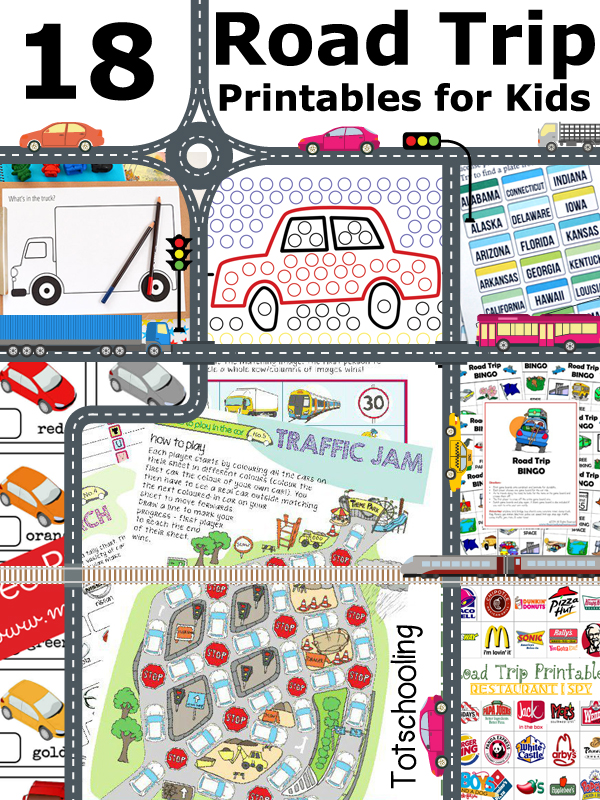
Road Trip Games For Kids
Driving to your next destination could actually be fun! Photo: Maria Smith
Family road trips are not just about getting to a destination.They are also about the journey. I’m all for iPads and DVD players and other technology but there is something to be said for turning all that off and actually coming together to pass the time. This is when memories are made.
Even with all the technology in the world, there will come a time when the battery runs dead, the headphones break, or *GASP* you travel through an internet dead zone. Be prepared for this on your next family trip with these old-school road trip games for kids.
The journey and not just the destination will have your kids jumping for joy. Photo: Maria Smith
9 Road Trip Games For Kids1. Twenty Questions
Who can play: Ages 5 and up
Items needed: None
To play Twenty Questions, you just have to have one person choose a person, place or thing.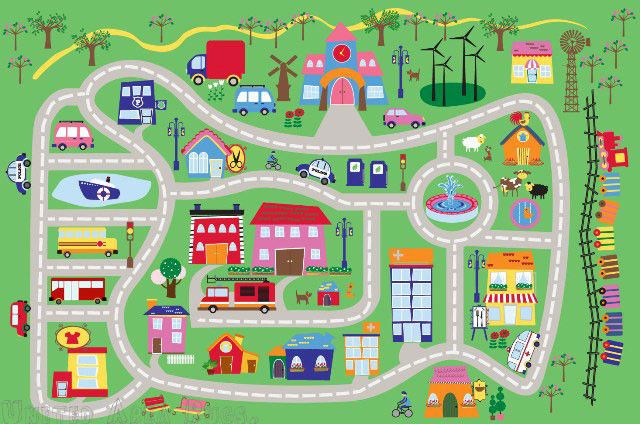 Then everyone else gets twenty questions to try to figure out what that person is thinking about. It might be difficult for smaller children, but you never know. Sometimes it’s the youngest ones who have the best questions!
Then everyone else gets twenty questions to try to figure out what that person is thinking about. It might be difficult for smaller children, but you never know. Sometimes it’s the youngest ones who have the best questions!
2. License Plate Game
Who can play: Ages 7 and up
Items needed: paper and pencil for each player
This is one of the old school road trip games that works best during those long cross-country hauls. Start when you pull out of the driveway and as each player sees a new state on a license plate, they mark that state down on their paper. After a certain amount of time, like to the first bathroom break, you count up how many states each player has found and the person with the most states is the winner. Feel free to continue the game or start over.
Old school road trip games are not just a relic of the past. With the massive takeover of handheld technology and wireless internet access, it may seem like they are needed about as much as a CB radio is needed.
However, there is a reason they survived so many years of family road trips. They are fun and (don’t tell the kids) educational too!
3. The Name Game
Who can play: Ages 4 and up
Items needed: none
The fun thing about this game is there are endless variations. The basic one is that you start naming names as you go around the car. You have only 3 seconds (or 3 hand claps or some other appropriate time scale) to come up with a name for your turn. If you fail to think of one, then you’re out. Be sure to say what qualifies as a name (first name only? Last names? Fictional names?). Also, we give my five-year-old two “misses” before he’s out. Consider doing that for the younger kids so they can still play along and you avoid unnecessary meltdowns. Done with names? Play the same game with colors, cities, countries, feelings, etc.
You may also enjoy this article: 100 Things To Always Keep In The Car
There is plenty to “spy” when you’re on the road.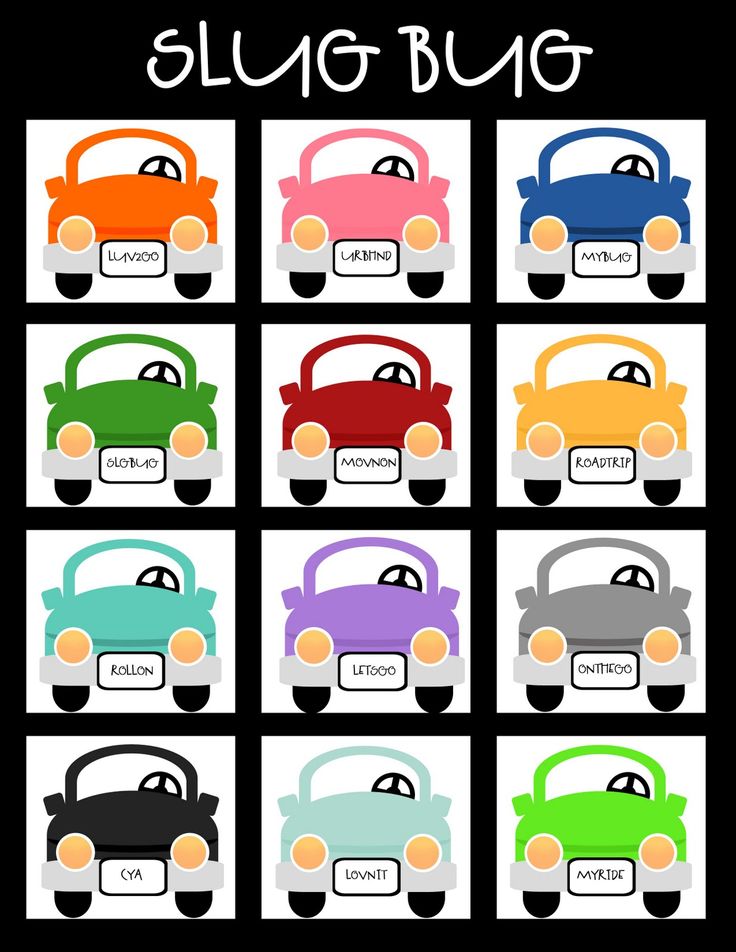 Photo: Maria Smith
Photo: Maria Smith
4. I Spy
Who can play: All ages
Items needed: None
This is one of the perennial old school road trip games. Everyone can do it, though little kids may choose some obvious objects. Be sure to start the game saying if the item the person “spies” should be inside or outside the car. This may be a little difficult if you have color-blind family members.
5. Name That Tune
Who can play: All ages but best for tweens and teens
Items needed: None (unless you want to keep score)
Use one of the streaming services on a phone to let one person control the music in the car. He or she will play up to 5 seconds of a song and the rest of the group has to guess which song that is. You may want to limit the songs to one genre, like Disney music for example, so little ones can play too.
Planning to trip to a Disney Theme Park? Check out this Disney family road trip playlist.
6. Road-trip BINGO
Who can play: All ages
Items needed: Pre-made travel bingo board games
There is a reason BINGO has remained popular over the decades. Everyone loves it. We bought $1 travel bingo board games from Target but you can also make your own. The players just need to pay attention to the passing landscape and find the items on the board. On long road trips you may want to get creative and decide what constitutes a BINGO (four corners, all-board, X, etc).
Everyone loves it. We bought $1 travel bingo board games from Target but you can also make your own. The players just need to pay attention to the passing landscape and find the items on the board. On long road trips you may want to get creative and decide what constitutes a BINGO (four corners, all-board, X, etc).
7. Hangman
Who can play: Ages 6 and up (readers)
Items needed: Pencil and pad of paper
One player thinks of a word and puts the corresponding number of dashes on a piece of paper. Other players guess letters that may be in the word. If they guess a letter that is not in the word, a part of the hangman is created. We use head, two arms, body, and two legs. This gives the player six chances to get letters wrong before they lose. Ultra-competitive family members can make this hard by choosing very hard words so be wary of that. Also, early readers may not know the correct spelling and should check with someone not playing that the word they want is spelled correctly.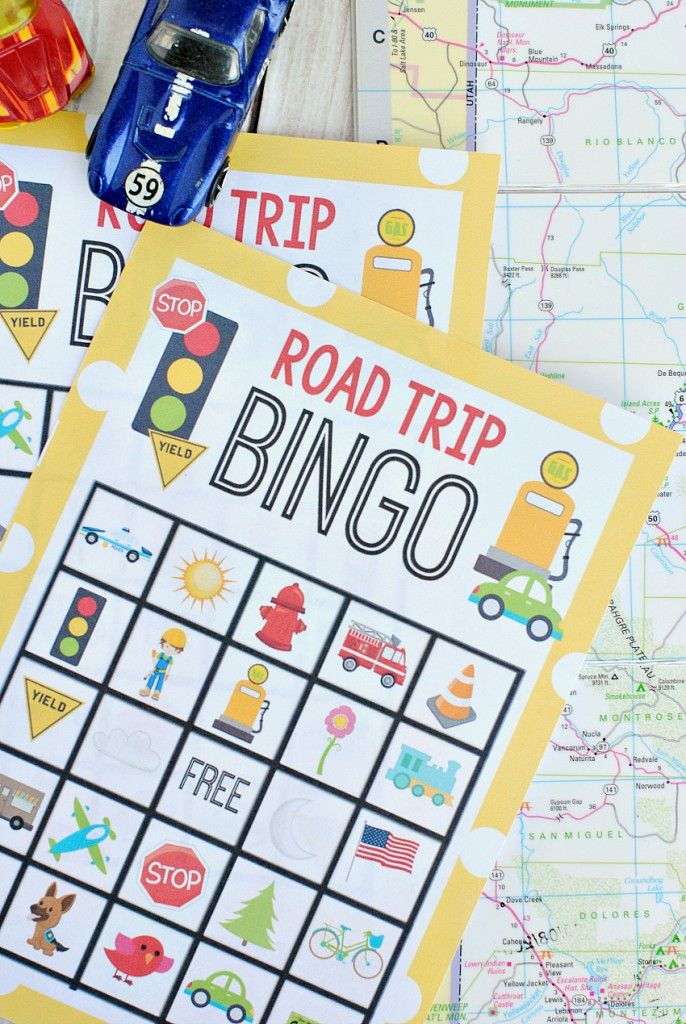
Need help keeping the car clean while on your trip? Here are 9 Easy Road Trip Hacks To Keep Your Car Clean.
8. Story Starter
Who can play: All ages
Items needed: None
This is one of those really fun games that is sure to end in fits of laughter. One person starts a story but doesn’t finish the sentence. The next person finishes that sentence and starts another, continuing that story. Even little ones can play and often provide some hilarious additions.
9. Alphabet game
Who can play: Ages 5 and up
Items needed: None
The Alphabet game works best on long, cross-country road trips, especially those that travel through small towns. Simply find words that start with each letter of the alphabet. First to find them all wins. Word to the wise: just eliminate Q, X and Z. Make it easy on yourself and your kids. For a different variation, have each player write the alphabet out on a piece of paper. As they see a word, have them cross out the letter that the word starts with.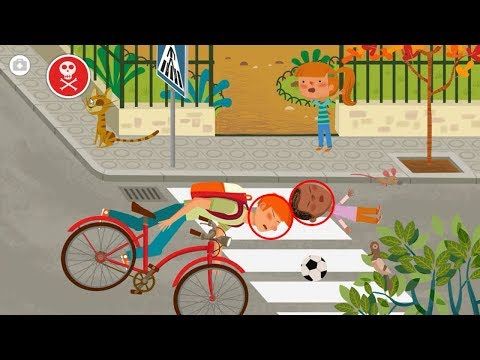
- Bio
- Latest Posts
Maria Smith is the founder of MamaliciousMaria.com, one of the top parenting, travel and auto blogs in the country. A member of the Greater Atlanta Automotive Media Association, Maria is Married with 4 kids aged 4 to 10. In her pre-baby life she was a TV producer at The Oprah Winfrey Show, among others, and these days, aside from motherhood and writing, plays a mean game of tennis, travels constantly and covets finding fun things for moms to do.
12 travel games for kids and parents
“Maaam, are we here? Maaam, when will we arrive?” - familiar song? Then you definitely need travel games that will help time fly a little faster. You can, of course, remember "Cities" and "I know five names of girls", or you can try something new - for example, from our selection.
Every spring people do this - they line up in traffic jams for miles to get away from the city. And everything would be fine, but the road in the company of small children is another adventure.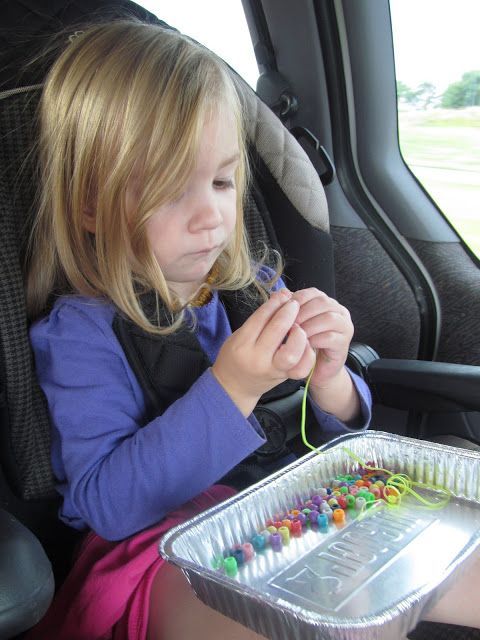 You can, of course, just give everyone gadgets or turn on audio fairy tales and podcasts, but you quickly get tired of them. And then they come to the rescue - games that make the road more fun, and time flies by.
You can, of course, just give everyone gadgets or turn on audio fairy tales and podcasts, but you quickly get tired of them. And then they come to the rescue - games that make the road more fun, and time flies by.
"What can a letter do?"
This fun game is suitable for those who already somehow know the alphabet. And for those who don’t know, it will help to learn it in order, and at the same time significantly expand their vocabulary.
The rules are simple. One player comes up with a verb. For example, “lucky”, “teaches”, “loves”, “eats”. And all the rest, in turn, begin to come up with what this or that beech can carry or eat. It is clear that the word should begin with the main character of the horse. That is, the letter "B" will eat a bun and a baguette, learn to drum and tambourine, carry a ram and bananas. And the letter "C" will feast on stracciatella, carry meerkats and teach salsa.
Danetki
This is a versatile game that can be played endlessly.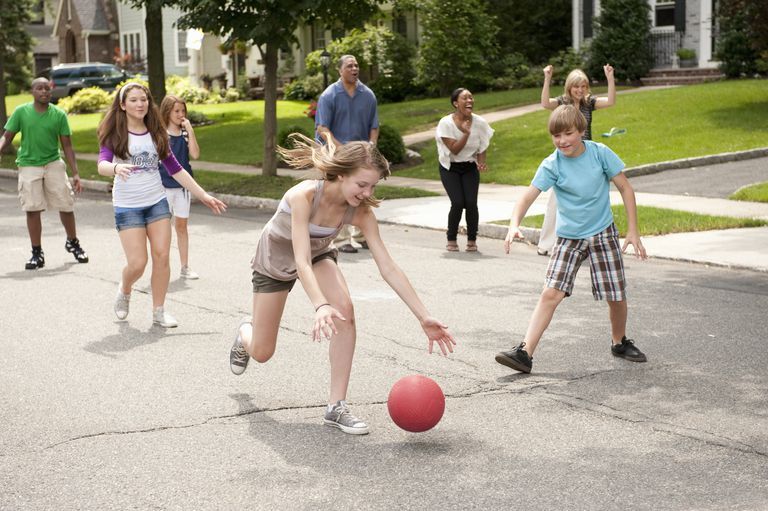 "Danetka" can be digital, when some number is guessed, objective, when some object or character is guessed, and situational, when you need to get to the bottom of the truth and understand what happened.
"Danetka" can be digital, when some number is guessed, objective, when some object or character is guessed, and situational, when you need to get to the bottom of the truth and understand what happened.
The main thing in "Danetka" is the ability to ask questions. That is, this is not "Guess!", but a game in which each question brings you closer to the truth.
The host can only answer yes or no. You can think of a princess or a fruit, a brick or a gopher. Focus on the horizons of your children. Regularly playing "Danetka" forms an understanding that a strong question is when you can immediately cut off a lot of options, for example, to ask, is this wildlife or is it man-made? Can you pour water into this? Can this be put on?
And this game also trains the systematization of thinking and the ability to classify and sort the features of objects in a set.
"Crocodile"
Associative thinking and searching for synonyms is an excellent training. How can you explain a word without naming it? Is it possible to explain a word with one other word? Children often think of objects that they see around them, so this will be easy.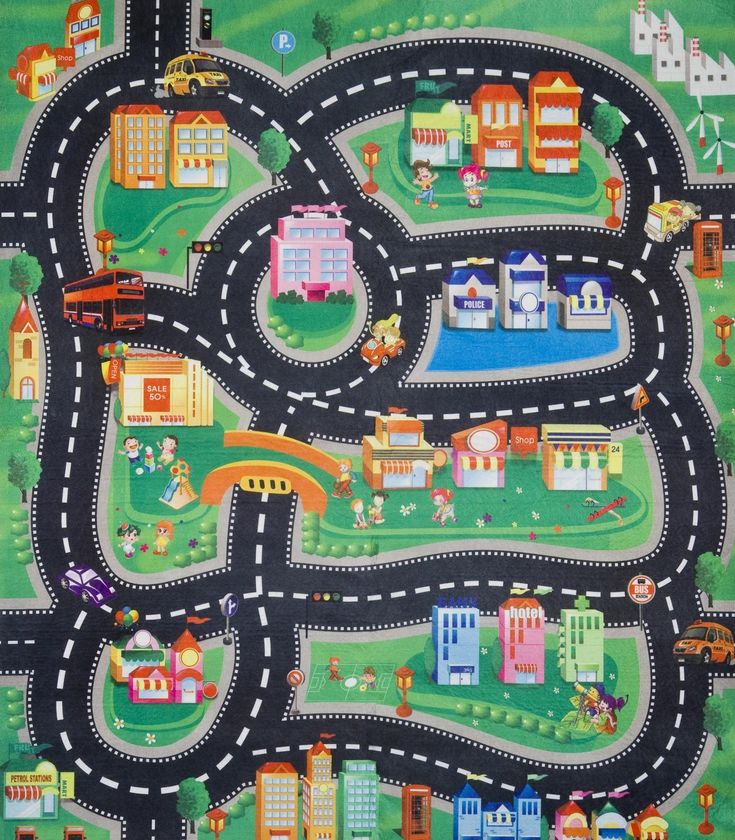 But adults can come up with something more difficult.
But adults can come up with something more difficult.
With novice players, it is better to designate the area from which the object or object is hidden, and with those who are older, you can already play for a while. How many words can he explain in a minute? What about guessing? And don't forget to switch roles. It is easier for the smallest to guess than to explain, due to the small vocabulary, but without practice they will not succeed.
"The letter is lost"
A fun game in which you have to look for replacement items. And really, what can you dig if the letter "L" has disappeared? Well, definitely not a shovel, and a spoon is excluded. It remains a pickaxe, scoop or, for example, a knife. And where will we park the car if the letter "P" has disappeared? It will not work in the parking lot and in the field, but it will be possible to park on the lawn - however, it is worth explaining to the children that this is not very correct from an ethical point of view.
"Triple nonsense"
One player names any letter of the alphabet, and the rest take turns calling words for it, but only so that the whole story is obtained. And the more fantastic it is, the better. If you are playing with schoolchildren, then you can invite everyone to come up with their own story and compete in how many words each has in the story. Philologists know a wonderful example of a story that is entirely written from words starting with the letter "P" and in no way less than 500 words! Can you repeat?
Children can be given a hint: the story can be divided into sentences; to increase the number of words, you can use a number of synonyms from adjectives, and come up with names, patronymics and surnames for all characters.
Circles on the water
Every word is a whole world! After all, from each word you can grow a whole story or a small story. With preschoolers, it is better to create stories from short words in 3-4 letters. From "cat" may appear "beautiful orangutan Timothy" (pay attention to the first letters of the words in this combination). But from the "barbecue" the schoolboy will already be able to create a detective story about the "rustling African Shusha, who loved to Ykat, quack and acrobatic."
But from the "barbecue" the schoolboy will already be able to create a detective story about the "rustling African Shusha, who loved to Ykat, quack and acrobatic."
Ideally, conjunctions and prepositions should not be used, but while you and your children are just learning the rules, you can give them an indulgence.
"Oh, yes, Gingerbread Man!"
There are a lot of fairy-tale characters in the world of childhood. But what if you figure out what they could do in everyday life? Gingerbread man could work as a navigator or lead master classes on escaping from villains. Little Red Riding Hood could open her own bakery, work as a delivery man, or teach seminars on the topic "Never talk to strangers."
Behind the apparent fun lies the pumping of analytical thinking, the development of imagination and its correlation with real life, that is, we also develop critical thinking in this way.
“All professions are important…”
A poem about “mom is a cook, what’s wrong?” everyone has taught at one point or another in their lives.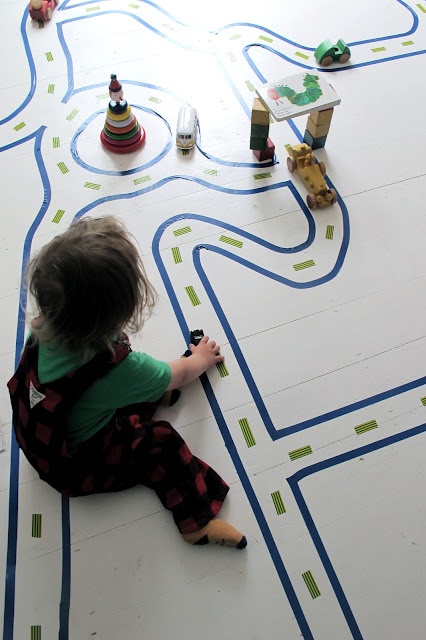 But what if you come up with incredible professions? Maybe it will be a driver for a mermaid (what he will do, by the way) or a panda hugger? A comet astronaut or a balloon trainer? A profession can be the most absurd, the main thing is to figure out what a person in this profession will do.
But what if you come up with incredible professions? Maybe it will be a driver for a mermaid (what he will do, by the way) or a panda hugger? A comet astronaut or a balloon trainer? A profession can be the most absurd, the main thing is to figure out what a person in this profession will do.
Fantastic Beasts and Where to Find Them
Imagination is the main weapon of children. Competing with them in this is simply pointless. Excellent! We play creating new animals, magical creatures and objects. To do this, we take two or three creatures as a basis and combine them in an arbitrary order. It’s better, of course, if the child has the opportunity to draw them, but you can also tell in words who the levogre (lion plus tiger), belf (squirrel plus giraffe) and korpugai (cow plus parrot) are. And the more detailed the story, the better. You can not only come up with a name for a new animal, but also write down the history of its family, habitat, what it eats, how it lives, and how it can be useful to people on the farm.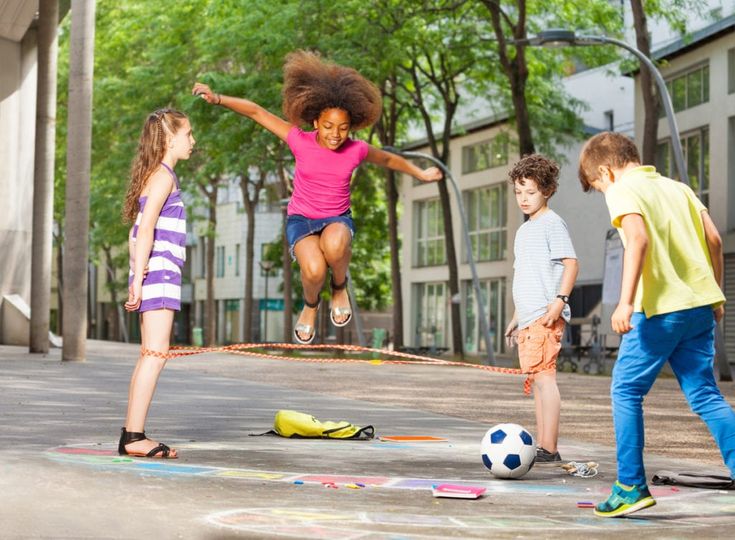
“What are we going to do about it?”
A fun game that allows you to pump up resource thinking, play hooligans and get creative. Surely you have in your car (well, or in your backpack or jacket pockets) an incredible number of unexpected items - from a toothpick to plastic cups, hair ties and broken pens. And now your task is to figure out what to do with it. Throw away do not offer. A broken ballpoint pen can be used as a straw to play air football, and it can also be used to stir and make holes for planting seeds. A plastic cup is an excellent stencil or spyglass in the game, as well as a mini-greenhouse and even a jewelry box.
"Where does an elephant get a trunk?"
Kipling's stories about the causes of the appearance of certain features in animals are usually read by children in elementary school. Or you can play with them and figure out why the watermelon is red, why the cucumber has pimples and why the onion is so whiny. And then you can move on to animals.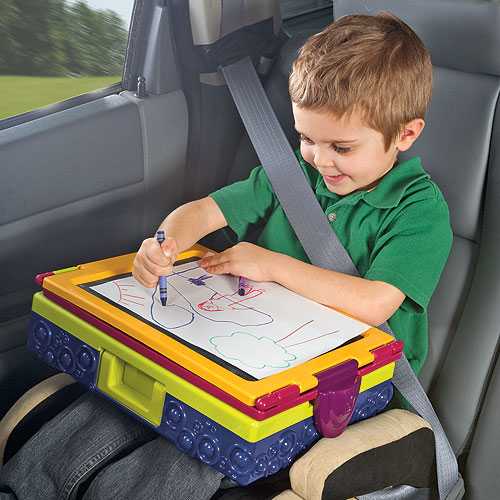 Here are the basics of storytelling.
Here are the basics of storytelling.
"What is good and what is bad"
No, we are not talking about Mayakovsky's poem now. We propose to play "Plus - Minus" and calculate all the best and all the worst of the most ordinary objects. Well, the cake is good for everyone, isn't it? And beautiful, and sweet, and tasty, and gives a good mood. Or not? He also adds extra calories, and spoils his teeth, and costs money. And if you deal with rain, ice cream or a pond in the country, it will be even more interesting!
Cover image: Jacob Lund / Shutterstock / Fotodom
Useful games with children on the road and on vacation
The long-awaited summer has come, the season of trips, travels, vacations. To keep a child busy on the road, to avoid whims and fatigue, to spend meaningful time on the road, we suggest remembering simple games that not only help diversify leisure time, but also contribute to the development of children.
"One Letter", "Word for Word", "Good-Bad", "Tales Inside Out", "What Happened Then?", "I Know Five Names" - a description of these and many other games that will allow you to have fun and spend time productively with your child, read on these pages.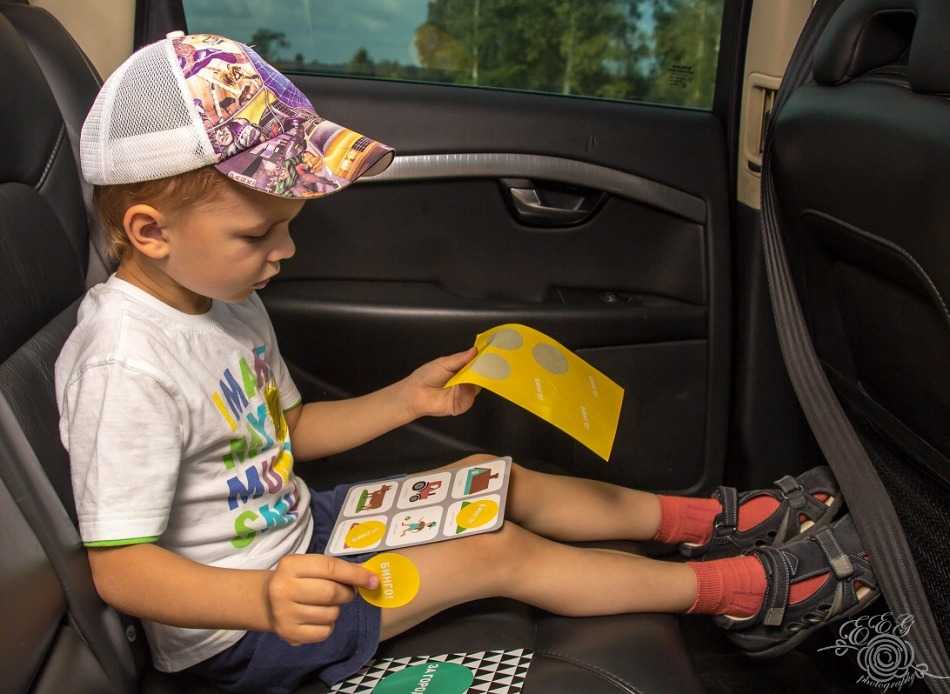
[av_table purpose='tabular' pricing_table_design='avia_pricing_default' pricing_hidden_cells=" caption=" responsive_styling='avia_responsive_table' av_uid='av-1xoqrmw'] [av_row row_style=" av_uid='av-1oakk14′][av_cell col_style=" av_uid ='av-18hkl6w']TIP: Start playing before your child gets bored or fussy. Remember, it is important for a child that you are not just nearby, but that you do one common thing. This is the most important condition for harmonious education. You can do anything: compose a non-existent language, make faces at each other, the main thing is to do it together! [/av_cell][/av_row] [/av_table]
We wish you a pleasant stay and an exciting game!
[av_image src='https://old.gppc.ru/wp-content/uploads/2017/06/poleznye-igry.png' attachment='25811′ attachment_size='full' align='center' styling=" hover =" link=" target=" caption=" font_size=" appearance=" overlay_opacity='0.4' overlay_color='#000000' overlay_text_color='#ffffff' animation='no-animation' admin_preview_bg=" av_uid='av-w4tsaw '][/av_image]
We develop speech
Cities
Players take turns naming cities or words on a given topic, such as the names of animals.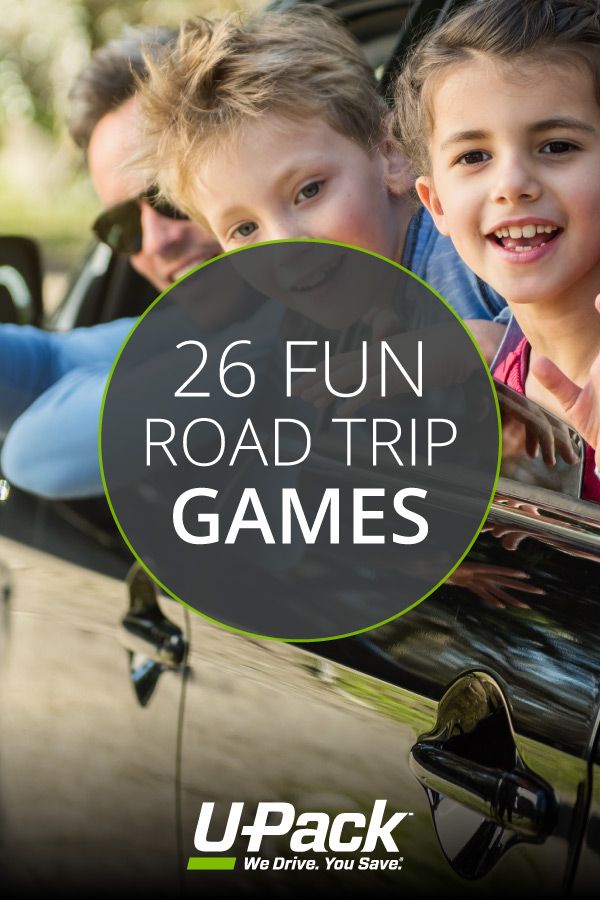 Each player comes up with a word starting with the last letter of the previous one.
Each player comes up with a word starting with the last letter of the previous one.
Chain
In a simple variant, players name words one after another in such a way that each new word begins with the last letter in the word named by the previous player. Only common nouns in the singular are used. It is forbidden to repeat the words mentioned earlier. For complication, you can choose a topic - for example, "transport", "animals", "food".
I know five names…
The child must name five items on a given topic. In the classic version, a ball is used, which, when naming each object, bounces off the floor once. If conditions do not allow playing with the ball, you can choose any other action accompanying naming that will rhythmize the child’s speech (for example, you can clap your hands or stamp your foot).
Words
Participants must take turns naming objects on a given topic, by a given letter or syllable, by a given picture, etc.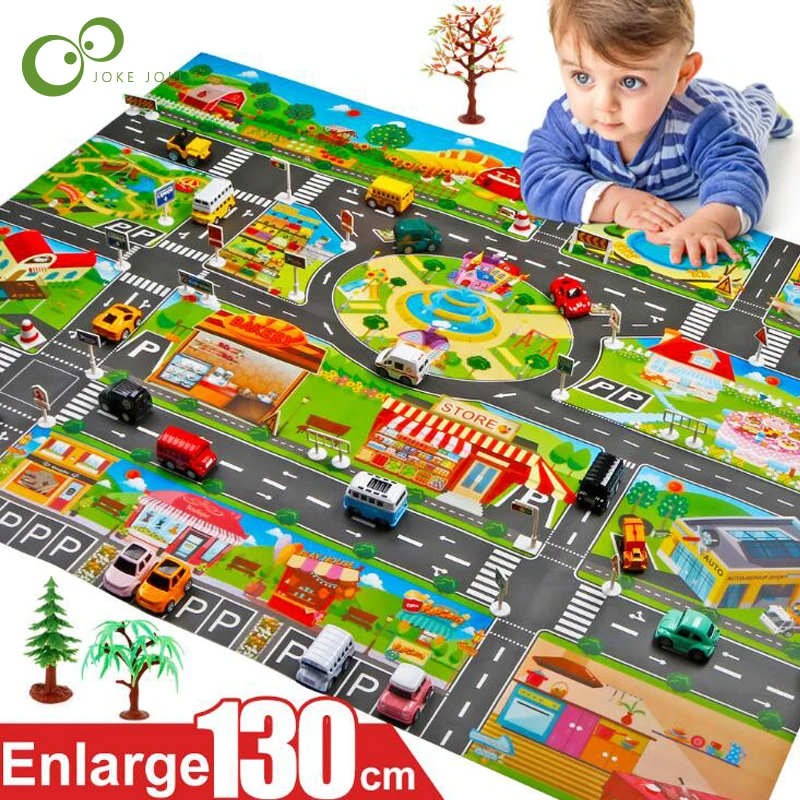
Non-existent word
Moderator: “ I came up with some new words. Each of these words consists of two words that you know well. Tell me what are the words hidden in my new ones. The leader calls his “words”, while the children must guess what words the leader made up of.
Match the concept (word) to the definitions. For example: yellow, warm, bright Answer: the sun.
Magic word
First, you should agree on what words are considered "magic". “Magic” can be considered words starting with the letter “M” or any other letter (then the game will simultaneously develop the child’s phonemic hearing), or it can be words denoting birds, pets, etc.
You tell a story or say any words in a row. When pronouncing the “magic words”, the child must give a signal: to hit the table with his palm (raise his hand up or stand up).
Speaking poem
While reading the poem, say the underlined words together with your child.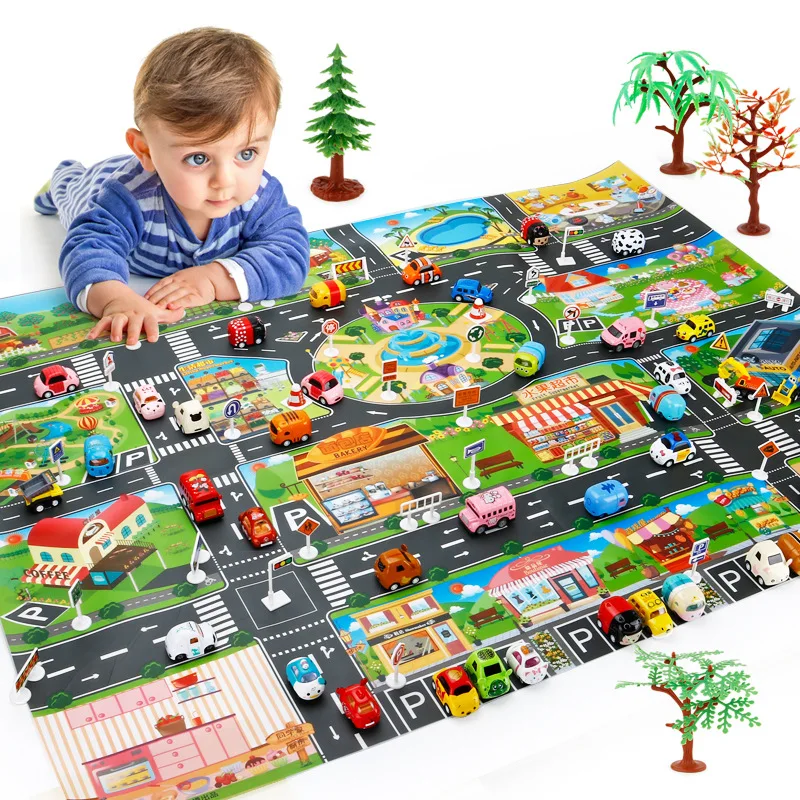
A cow was grazing in the meadow - "Moo-oo, moo-oo."
The striped bumblebee flew - "Z-z-z, z-z-z."
The summer breeze blew - "F-f-f, f-f-f."
The bell rang - "Ding, ding, ding."
A grasshopper chirped in the grass - "Tr-r-r, ts-s-s."
The prickly hedgehog ran - "Ph-ph-ph".
A small bird sang - "Til-l, til-l."
And the angry beetle buzzed - "W-w-w, w-w-w."
Developing attention
Bulgaria
The host and the children are having a dialogue, instead of “yes” you need to say “no” and shake your head, instead of “yes” and nod.
Don’t say yes or no, don’t take black and white any other colors/qualities, etc.).
Be careful!
Moderator: “If I name something that or who can fly, you clap your hands once, and if something else, then you can’t clap.” You can also clap your hands when you see a certain object.
Catch a fish
Leader holds one arm bent at the elbow - this is the sea.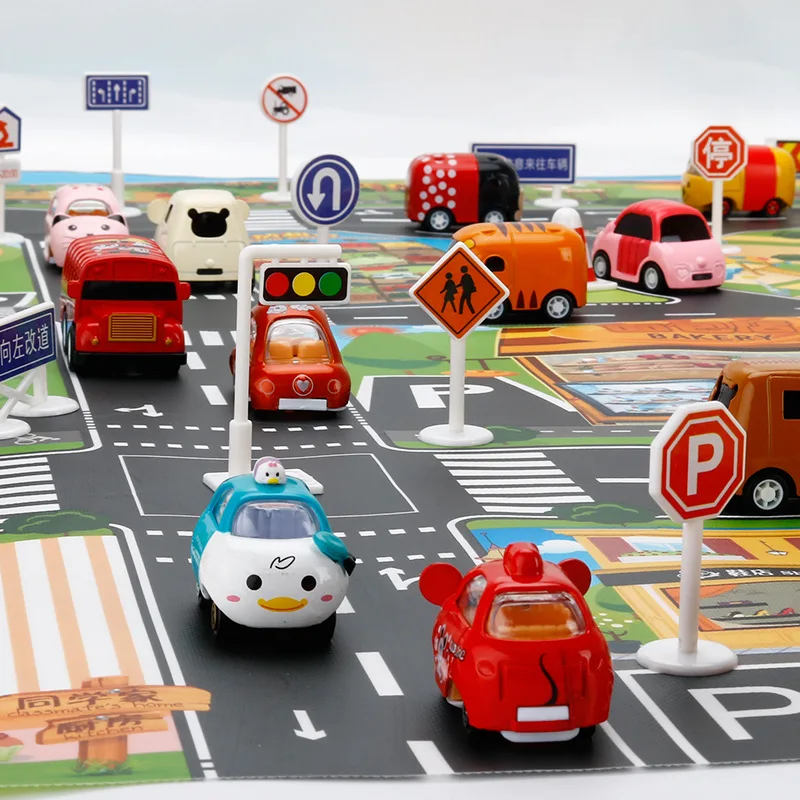
The second hand represents a fish. If the fish emerges from the water, the child must catch it - clap your hands. Then we make the game harder. Add additional actions:
- if the leader removes his hand behind his back (the fish hid behind a pebble), you need to stomp your foot;
- if the host calls the word "seagull", the child should say in response: "Fly away."
Developing visuospatial functions
Fly
The child draws the flight path of the fly at the command of the leader: left, right, up, down, diagonally right, etc.
Far-close
Looking at objects in the environment, comparing them with each other.
Drawing with two hands
Attach a piece of Whatman paper to any vertical surface (door, wall, closet), give the child a pencil or felt-tip pen in each hand and invite the child to draw circles with both hands at the same time:
- both hands draw circles from left to right, both hands draw circles from right to left,
- the right hand draws from left to right while the left hand draws from right to left at the same time,
- The right hand draws from right to left, while the left hand draws from left to right at the same time.

Developing memory
Pairs
The player needs to remember a combination of two words, both suitable in meaning and not.
Remember and repeat
The host thinks of several movements or a sequence of words. The players repeat.
Mnemonics
Inventing unusual visual images to memorize words.
We develop thinking
We are going on a trip
“Let's imagine that we have a long and long journey ahead of us. What to bring? The question that arises in front of every traveler. Name, without interrupting each other, the things necessary for the journey. The winner is the one who names the last one of the most necessary things on the journey.
Notes: It should be noted that this game can drag on for an indefinitely long time. And all because the guys “took on a trip” not the most necessary things at all: electric stoves, beloved dogs, bicycles, TVs, even grandmothers, etc.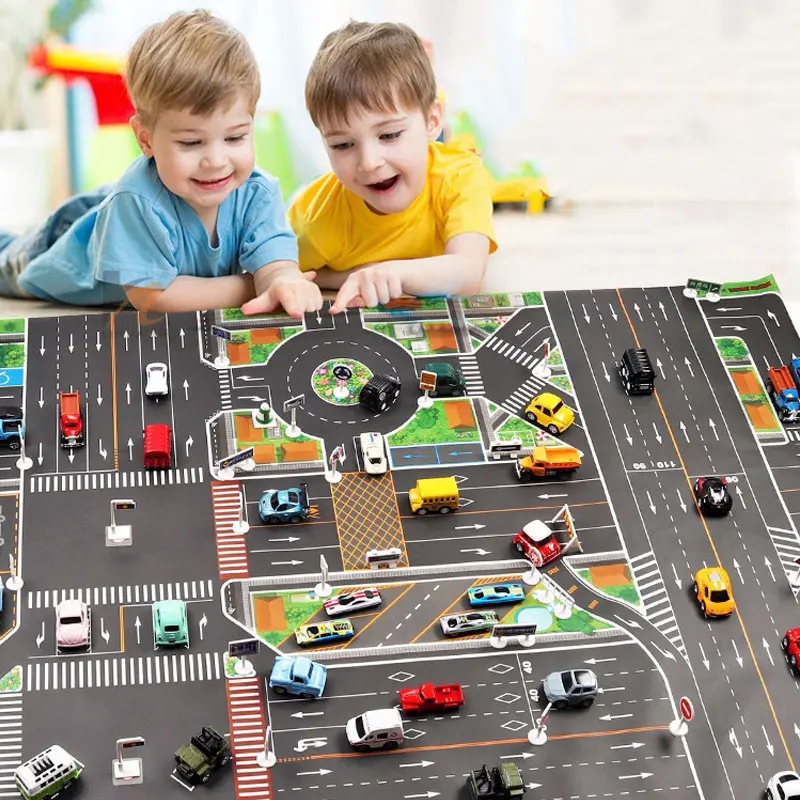 Don't play!
Don't play!
3 liter can
Any letter can be selected. All players in turn begin to list words (nouns, in the singular, nominative case, without diminutive suffixes) for the selected letter, but at the same time such that they can be “put” in a three-liter jar. For example. We chose the letter "C". Words such as “matches”, “straw”, “sulfur” can “fit” into it ... But you cannot put “table”, “knock”, “chest”. Also, you can not "put" the drawn objects. The game seems easy at first, but after a while it gets harder and harder. The player who does not find more of the right words is out. The one with the most words wins.
Number game
If you are driving or walking down the street, you can play number games with a child of any age:
- Learn numbers by looking for cars with certain numbers in their numbers;
- Learn the alphabet by choosing cars with certain letters of the alphabet;
- Learn to compare - find cars with 2 duplicate or consecutive numbers;
- Learn to count - add up the numbers in the number of the car in front of the car or look for cars with a certain value of the sum of all the digits.

Guessing game
Guess an object that is in the children's field of vision. The rules are the same as for the game above. Participants ask probing questions about the characteristics of the item that can only be answered with “yes” or “no”.
Sea battle, tic-tac-toe are well-known and popular games. All they need is paper and pencils.
Develop vocabulary
One letter
An adult asks the children to look around the room and name all objects that begin with the letter "K" (or any other letter). The winner is the one who is the last to name the word with the letter "K". (cubes, paints, books, cat, cornice…”
Word by word
Adult defines the topic, for example, “Birds starting with the letter C”. First player starts: bullfinch (or other bird). The child repeats this word and adds his own: for example, bullfinch, tit ... The next player repeats these two words and adds his own: bullfinch, tit, magpie.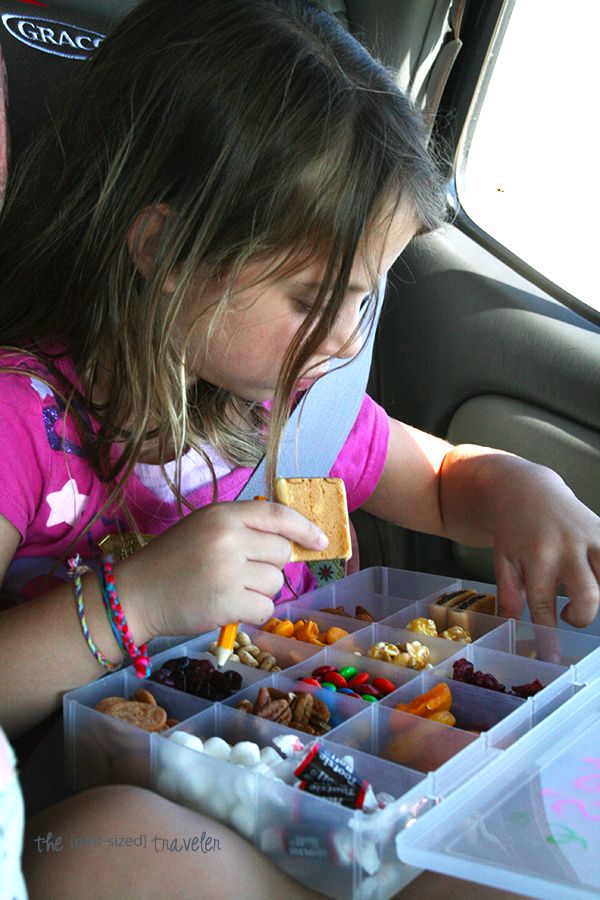 The game continues until someone fails.
The game continues until someone fails.
Only funny words
The leader determines the topic. It is necessary to call in turn, for example, only funny words. The first player says: "Clown". The second: "joy", the third - "laughter", etc. The game continues until the words run out. You can change the subject and name only green words, only round words, only spiky ones, etc.
Good-bad
An adult introduces a child to some phenomenon (object, image), say, rain, and asks him to answer the question: what is good about rain?
Children express their opinion (for example, “he feeds the earth”, “I like to look at him”, “he washes away dirt and dust from the roads”, etc.
Then the adult asks: what is wrong with rain?
Children speak out: “no one goes for a walk”, “it gets cold and you can get sick”, etc.
An adult might also ask this question: How do we decide if rain is good or bad?
Or this: rain is good for whom and what?
Rain is bad for whom and what?
In this game, you can also use controversial images (Barmaley, fear, illness).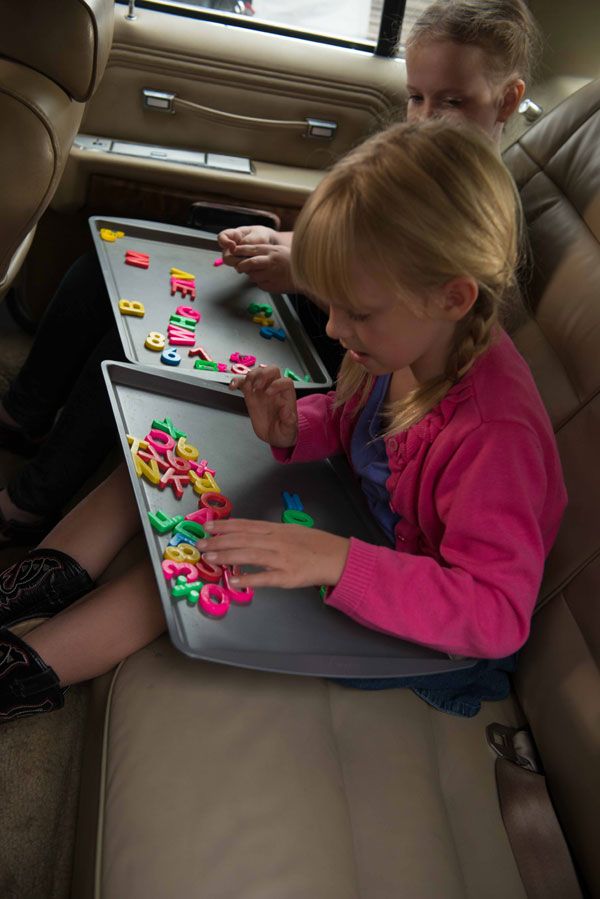
From bad to good
An adult offers children to play transformations: make good out of bad, good out of evil, strong out of weak.
He writes or pronounces a word, for example, “angry” and suggests gradually, choosing words, to turn the word (for example, “angry” - “angry” - “displeased” - tolerant - sympathetic - "attentive" - "caring" - "kind").
You can try such transformations with any pair of antonyms.
General word
The leader pronounces the first syllable. All other participants in a circle add one letter at a time so that the word is beautiful, unusual, not much like anything else. If one of the participants feels that there is no need to add anything, that the word is ready, he says “Stop!”. The word is repeatedly pronounced, sung, whispered, so that everyone can think what it could mean, and everyone gives his own version of the meaning of the word.
For example: Livefuravia is rain in the tropics; this is a fairy planet.